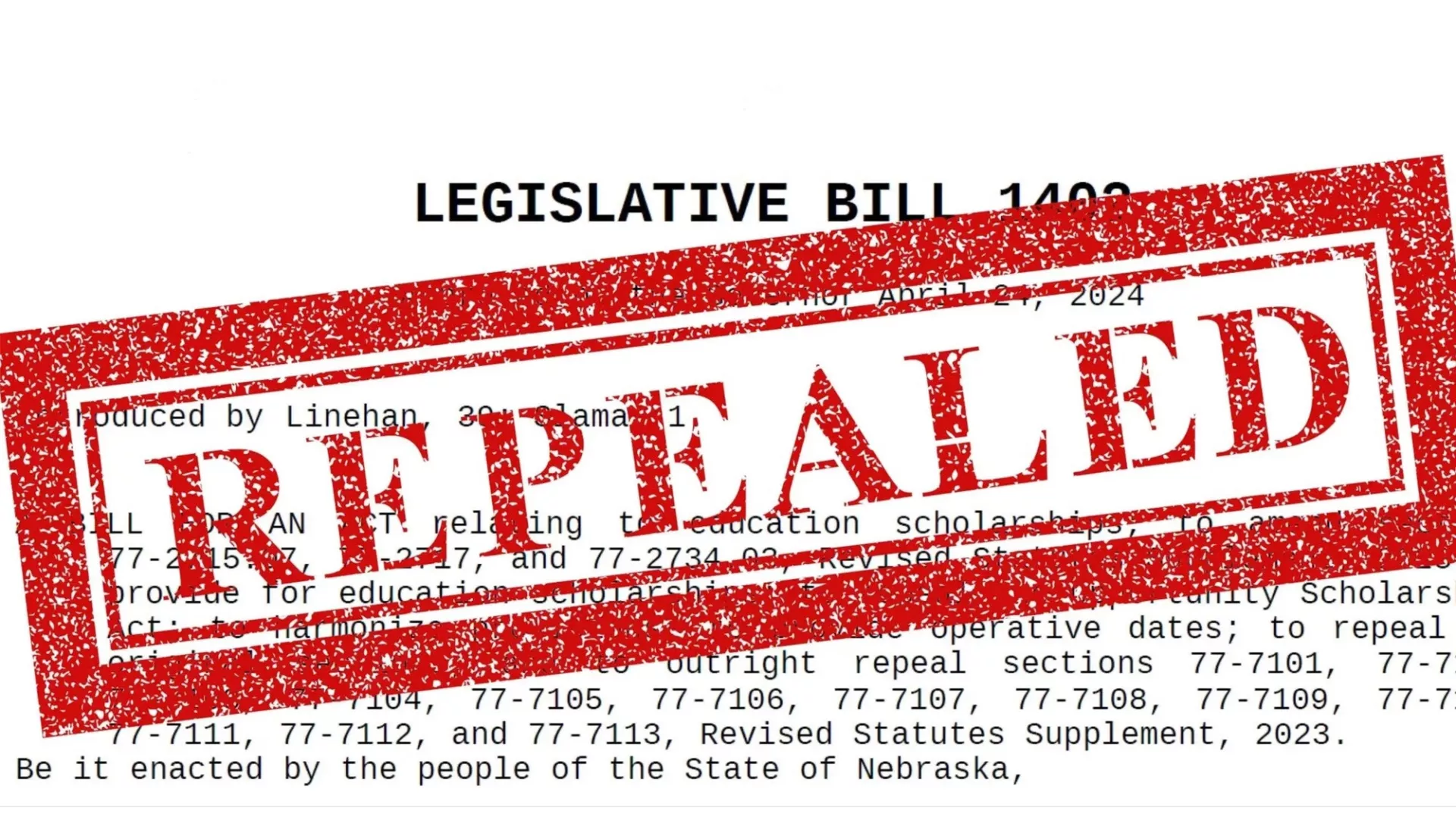Key Takeaways
- NEA members worked hard in Election 2024 to help some great candidates take office.
- Where education issues were on the ballot, voters spoke up (loudly!) for public schools.
- However, some election outcomes have created a more challenging environment. Educators are preparing to defend and strengthen public education through their unions.
As results rolled in on Election Day, NEA members across the nation realized that many of the pro-public education candidates who had earned the backing of their union would not win their elections this year.
The losses were deep at the federal level.
In the presidential election, Vice President Kamala Harris and former teacher and Minnesota Gov. Tim Walz energized educators with a campaign that promised to move the country forward, protect the rights of students and educators, and properly fund federal programs that help public schools serve every student. However, Donald Trump and J.D. Vance were able to edge them out in key battleground states and win the White House.
Republicans also claimed control of the U.S. Senate. While some U.S. House races have yet to be called at this writing, it appears that Republicans will maintain control of that chamber.

Still, there were electoral wins up and down the ballot that hold promise for public schools. Most notably, when voters had the opportunity to speak directly on education issues through ballot measures, they chose to protect and strengthen their local schools.
NEA members contributed to these successes. In fact, NEA members engaged in the 2024 election cycle at record high rates: More than 250,000 NEA members took action through their union.
Some Education
Champions Won
Several public education champions with a long history of supporting public education and working families lost their Senate seats to conservative challengers, including Sens. Sherrod Brown (Ohio), Jon Tester (Mont.), and Bob Casey (Penn.). But incumbents Tammy Baldwin (Wisconsin)—a member of the Senate Health, Education, Labor and Pensions Committee—and Jacky Rosen (Nevada) held onto theirs.
Other NEA-recommended candidates won Senate seats for the first time. One of those candidates is U.S. Rep. Elissa Slotkin (Michigan), a former CIA agent who represented the citizens of Oxford and East Lansing—two communities devastated by school shootings. Slotkin has been a vocal proponent for measures to reduce gun violence and keep schools safe, including the safe storage of firearms, universal background checks, red flag laws, and an assault weapons ban.
In Arizona, U.S. Rep. Ruben Gallego defeated Kari Lake, a Trump-endorsed candidate who has pushed for government-mandated cameras in classrooms and massive cuts to education spending. Gallego, meanwhile, says the basis of his own success was the education he received in public schools. In the House, he introduced legislation to expand universal full-day kindergarten and boost teacher training and professional development.
Though final results for a few races for the U.S. House elections are not in, it appears that Republicans will maintain the majority. Here’s some good news: Incumbent Reps. Jahana Hayes (Connecticut)—a former public-school teacher and 2016 National Teacher of the Year—and Rep. Greg Landsman (Ohio), who was also a teacher, both won their races.
A former teacher also won an exciting race in New York’s 22nd Congressional District, ousting the incumbent and flipping the district from Republican to Democrat. John Mannion taught biology and chemistry in central New York public schools for three decades and served as president of his local, the West Genesee District Teachers Association, for seven years. After attending NEA’s See Educators Run candidate training program, Mannion became a state senator in 2020.
Educators in North Carolina had much to celebrate on Election Day. State Attorney General Josh Stein cruised to victory in the race for governor, defeating controversial Lt. Gov. Mark Robinson. Stein has pledged to advocate for meaningful pay raises for teachers, invest in critical school staff like counselors and nurses, and address the mental health crisis among students.
North Carolina is one of 12 states where the Superintendent of Public Instruction is elected rather than appointed. Maurice “Mo” Green won the race for Superintendent of Public Instruction, defeating extremist conservative Michele Morrow, who is known for sharing ludicrous conspiracy theories and calling for the public execution of prominent Democrats.
Green earned the recommendation of the North Carolina Association of Educators for his commitment to supporting public schools and his deep respect for educators. During his tenure as superintendent of the Guilford County School District, he boosted student achievement and graduation rates.
When Education Issues Were on the Ballot, We Won
Voters in Nebraska, Kentucky, and Colorado were asked a fundamental question in this election: Do you want taxpayer dollars diverted from public schools and sent to private schools?

When given the chance to vote on those ballot measures, the majority answered with a resounding “no,” delivering a decisive defeat to vouchers. It was an issue that united Republican and Democratic voters as parents, educators, and other informed community members from rural, urban, and suburban communities spoke up strongly in favor of keeping taxpayer dollars in their public schools.
As previously reported by NEA Today:
- Nebraskans repealed a voucher law with close to 60 percent of the vote.
- Sixty-five percent of Kentucky voters and all 120 counties rejected a constitutional amendment that would have dismantled language in the state constitution that served as a barrier to vouchers.
- And, in Colorado, an amendment that sought to enshrine parents’ “right to direct the education of their child” and open the door to vouchers fell far short of the 55 percent needed for passage.

These victories extend a winning streak every public education advocate should celebrate: When school vouchers have been put on the ballot, they have lost every time.
The Massachusetts Teachers Association (MTA) helped score another notable ballot measure victory. They successfully organized to pass a measure to eliminate the archaic high-stakes graduation test that denies diplomas to around 700 students in the state each year, many of whom are English learners and students with disabilities.
MTA teamed up with concerned parent groups to inform voters about the harm that the high-stakes tests were doing and talk about the many other forms of assessment that teachers can use to determine what students have learned. Voters were with them, casting their ballots in favor of eliminating the graduation test at a margin of 60 to 40 percent.
What Comes Next?
While the bright spots for public education shine through, educators are aware that conditions for public schools and unions will simply be less favorable following Election 2024.

NEA President Becky Pringle reflected on the outcomes.
“As Martin Luther King Jr. said, ‘The road to freedom is a difficult, hard road. It always makes for temporary setbacks.’
“This is not the outcome we campaigned for, nor the future we wanted for our students and families, but it is the road through history we now must travel,” said Pringle. She urged educators to keep advocating for the things their students and communities need and remind elected leaders that they have a responsibility to serve all people.
“Our values don’t change based on who wins or loses an election. And we will continue to advocate and organize for what we believe in with all our strength.”
Three Things Educators Can Do:
- Get involved through your union. Your local leaders are there to keep tabs on what administrators, school board members, and state legislators are proposing for public education. If your union asks you to send a letter or make a phone call for or against a measure, do what you can! Unions get stronger when their members are active participants.
- Use NEA's Action Center. NEA plays an active role on Capitol Hill, explaining education issues to legislators and making it easy to share your voice with Congress.
- Consider running for office, or support a colleague who’s ready to run. Good things happen when educators get elected! NEA wants to help you prepare for a campaign—check out the See Educators Run program, where you can learn about fundraising, messaging, and applying your skills as an educator to running for office.





